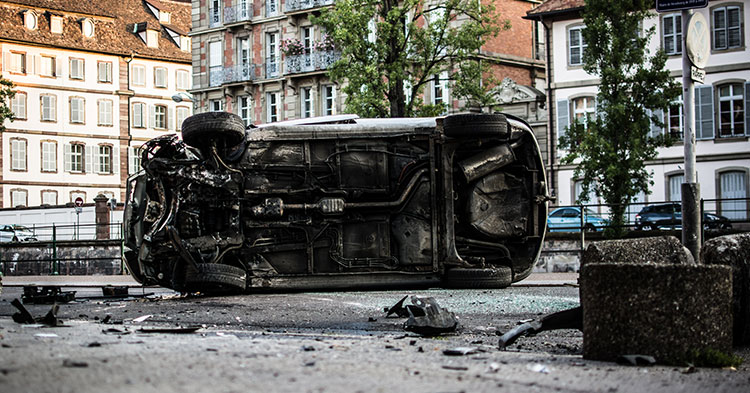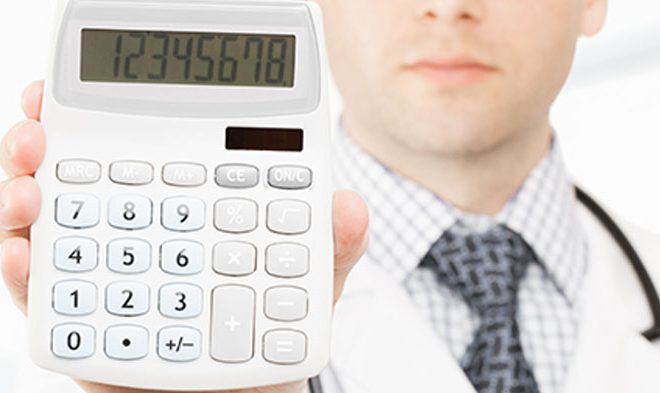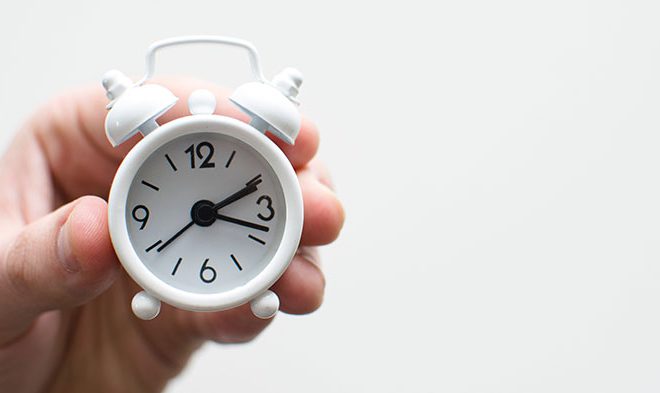Been in a car accident? Keep calm and follow these steps
For those of us unlucky enough to have been in an accident, we know that the trauma and stress from the situation can cause us not to think clearly. Unfortunately when it comes to being in an accident there are certain procedures that you need to follow in order to claim from insurance; whether or not you are the one who caused the accident.
We have put together a checklist of do’s and don’ts in the event of a car accident.
Do
- Stop your car straight away and put your hazards on: driving away from the scene of an accident is seen as a criminal offence
- Assess the situation: if there are other people with you in the car, check if they are injured and if so, contact emergency services
- Make sure it is safe to get out of your car
- Call the police if necessary: You must report the accident to the police within 24hrs, so if there are no police on the scene, you have to go to your closest police station. You will not be able to claim from insurance if you don’t have a case number from the police
- Swap information: make sure you get all the relevant information from the other party involved in the accident. This includes name, ID number, physical address, telephone numbers, and their insurance information. Remember, you will need to give them the same information. By law you need to get this information in order to claim from insurance. In addition, make sure you write down any other information you think may be relevant such as if you think the other driver was drunk, or a traffic light wasn’t working, etc.
- Write down any other relevant information: we recommend that you keep a piece of paper and pen with you at all times in case an accident occurs. That way you can record all the information you need as this will help you later on. Make sure you take note of the following as, once again, this information will help you when you submit your claim:
- Date, time and place that the accident took place
- The details of the other car including the make, model, colour and registration number(s)
- Details of the driver (as indicated in the previous point)
- Details of all the witnesses including name, telephone numbers and physical address
- Name of police officer, if present at the scene, as well as which station they belong to
- All information about the towing company
- Take photographs of the scene, damage to your vehicle (and surrounding property if applicable) and any injuries incurred.
- Ensure that you submit your claim to your insurance within 30 days otherwise your claim will be void. If you are not sure how to submit the form, contact your insurance provider for help.
Don’t
- Move your car unless it is for safety purposes or required by law
- Put yourself in further danger by standing in the road where traffic is passing
- Leave the scene until the police have told you that you can
- Throw away anything that you think could be used as evidence such as important documents, or torn or blood-stained clothing.
- Agree to any settlement terms without discussing it with your attorney first
- Don’t take the blame: until you have spoken to your insurer, don’t apologise and take responsibility for the crash. Let your insurance provider evaluate and investigate the situation
Can I put in a claim to the Road Accidents Fund?
It is important to remember that you cannot claim from the Road Accidents Fund for any damage caused to your vehicle or any damage to other property such as your clothes, valuables that may be in your boot etc. You can however claim compensation for damages from the Road Accidents Fund in the event that you are the victim of the accident, i.e. you didn’t cause it, bodily injury, and in the event of death, your dependent can claim compensation.




